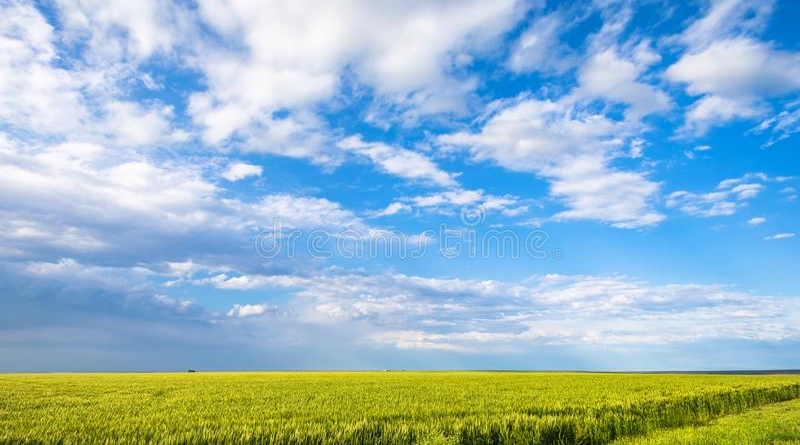The Food Crisis of 2023: A Perfect Storm of Supply-Chain Disruption, War-Related Disruption, and Climate Change
The food crisis of 2023 could be a perfect storm of supply-chain disruption, war-related disruption, and climate change. The war in Ukraine has already disrupted sowing and other farm activities, leading to lower yields. Farmers are also using less fertilizer due to high prices, which could further depress harvests. The pandemic has caused supply-chain chaos, driving up the prices of everything from wheat and sunflower oil to lemons and avocados.
The UN Food and Agriculture Organization Food Price Index has fallen for the fourth consecutive month in July after hitting a record high earlier in 2022. But, the price declines are unlikely to trickle down to the consumers immediately. Ukraine President Volodymyr Zelenskyy has warned that the country’s farm harvest could be halved this year due to the war. McKinsey forecasts a sharp drop in harvest volumes, with Ukraine’s production of grains, such as wheat, dropping by 35% to 45% in the next harvesting season.
Soaring fertilizer prices and climate change add to the supply shock. Prices of urea, a common nitrogen fertilizer, have more than doubled from a year ago. Farmers around the world are using less fertilizer, leading to lower yields. Mercy Corps has observed that farmers in Guatemala have been unable to invest in the next production cycle either because they cannot afford to buy fertilizers or because they cannot find agricultural inputs in the market.
Given that the shocks to farming and supply come at a time of extreme climate conditions, McKinsey expects the next food crisis to be worse than those in 2007 to 2008, and from 2010 to 2011. The food crisis of 2023 could be a tipping point for global food security, with the most vulnerable hit the hardest.
The world must act now to prevent a full-blown food crisis in 2023. Governments must invest in agricultural infrastructure and support farmers with subsidies and incentives. They must also invest in climate-resilient agriculture and sustainable farming practices. International organizations must step up their efforts to ensure food security and access to nutritious food for all.
The food crisis of 2023 could be a tipping point for global food security. We must act now to prevent a full-blown crisis and ensure that everyone has access to nutritious food.


Wow, this is an eye-opening article. I can’t believe the price of urea has doubled in the past year! It’s so important for governments to invest in agricultural infrastructure and support farmers with subsidies and incentives to prevent a full-blown food crisis in 2023. Do you think there are any specific actions individuals can take to help address this issue?
This article is a very sobering reminder of the importance of investing in agricultural infrastructure and sustainable farming practices. We must take the steps now to ensure that global food security is a priority and that the most vulnerable are not left behind.